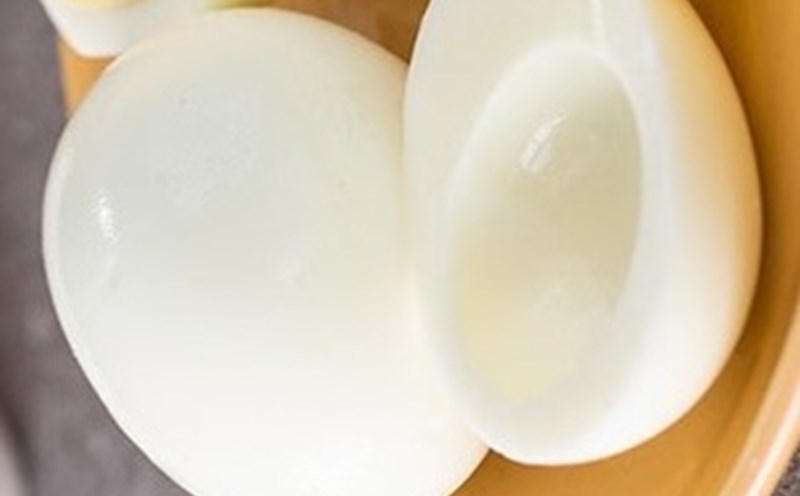A common misconception is that eating animal organs, especially kidneys, liver, and heart, will help nourish the kidneys, due to the belief in "eating well". On the contrary, many scientific studies show that if we want to protect and enhance kidney function, limiting the intake of animal organs is extremely necessary.
First of all, animal organs contain high levels of purines. This is a compound that when broken down will create uric acid. According to research, high uric acid levels in the blood are a risk factor for kidney damage, even leading to chronic kidney failure. Eating too many organs also increases the risk of gout - a disease closely related to purine metabolism disorder and affecting kidney function.
Animal organs are high in cholesterol and saturated fat. According to the World Health Organization, a diet rich in cholesterol can lead to atherosclerosis - a condition in which the blood vessels that supply the kidneys are also affected, reducing the effectiveness of blood filtration and damaging the structure of the nephron (the functional unit of the kidneys).
In addition, the liver and kidneys of animals are also a detoxification agency, which can accumulate heavy metals and toxins if food hygiene and safety are not controlled.
Although animal organs are rich in nutrients, they contain many ingredients that are harmful to the kidneys when consumed in excess.
Therefore, to properly supplement the kidneys, it is necessary to focus on a balanced diet, low in sodium, low in animal protein and rich in green vegetables and fruits, instead of eating a lot of organs.









